An In-Depth Exploration of Kampala
Kampala, the bustling heart of Uganda, is a city that seamlessly fuses tradition with modernity, creating an enthralling urban experience that captivates residents and travelers alike. As the capital city, Kampala stands as a symbol of Uganda's rich heritage, resilient spirit, and promising future. With its vibrant markets, historic landmarks, and a constantly evolving skyline, Kampala embodies the dynamic pulse of East Africa.
The Historical Roots of Kampala
Kampala's history is as layered as the landscapes that surround it. The city's origins date back to the 19th century, during the reign of Muteesa I of Buganda, one of Uganda's most influential pre-colonial kingdoms. The name "Kampala" is believed to stem from the domesticated impalas that roamed the hills in the region, leading the area to be referred to as the "Hills of the Impala." These lush green hills set the stage for the sprawling city that stands today.
In 1890, the British colonial adventurer Frederick Lugard established a fort on Kampala Hill, marking the dawn of British influence in the region. Throughout colonial rule, Kampala developed as an administrative center, gradually transforming into the political and economic hub of Uganda. This history is visibly etched into the city's architecture, with colonial-era buildings standing adjacent to modern skyscrapers.
Cultural Fabric and Diversity
Kampala's cultural vibrancy is truly remarkable, with influences from the multitude of ethnic groups that call Uganda home. A melting pot of cultures, the city hosts large populations of Baganda, Basoga, Banyankole, and other ethnic groups, each contributing to the city's rich tapestry of traditions. This diversity is evident in the plethora of languages spoken, with Luganda serving as the dominant local language alongside English, Kiswahili, and various tribal languages.
The city's cultural calendar is brimming with festivals, exhibitions, and events that celebrate this diversity. One standout event is the Kampala City Festival, an annual celebration that showcases the city's dynamic arts scene, music, and culinary delights. This festival, among others, emphasizes Kampala’s role as a cultural epicenter not only for Uganda but for the wider East African region.
Architectural Landmarks and Attractions
A journey through Kampala's streets offers a visual feast of architectural styles and historic landmarks. The city’s skyline is punctuated by the majestic Uganda National Mosque, also known as the Gaddafi Mosque, which stands as a testament to Uganda’s religious harmony and architectural ingenuity. Located on Kampala Hill, this mosque offers panoramic views of the city and is a symbol of the Islamic community's influence in the region.
Adjacent to the central business district lies the iconic Uganda Museum, which serves as a custodian of the nation's history and cultural heritage. Exhibits range from ethnological dolls and musical instruments to archaeological artifacts, providing a comprehensive overview of Uganda's past.
For those with a penchant for history and religion, the Kasubi Tombs are a must-visit. This UNESCO World Heritage Site is the burial ground for the Kings of Buganda, offering insights into the customs and traditions of one of Uganda’s most prominent kingdoms.
Markets and Modern Developments
Kampala’s markets are pulsating veins of the city, alive with colors, sounds, and aromas that capture the daily lives of its residents. The Nakasero Market, located in the heart of the city, is a quintessential representation of Kampala's vibrant local trade. Here, vendors sell everything from fresh produce and spices to textiles and electronics, making it a microcosm of Uganda's diverse economy.
While the traditional markets continue to thrive, Kampala is also witnessing a surge in modern commercial developments. The rise of shopping malls and business centers such as Acacia Mall and Garden City reflects the city’s rapid growth and modernization. These developments are indicative of Kampala’s aspiration to position itself as a leading economic player in the region.
The Vibrant Nightlife
As the sun sets, Kampala transforms into a city of lights and sounds, renowned for its eclectic nightlife that caters to a wide array of tastes. From bustling nightclubs and bars to laid-back lounges and cultural performances, Kampala promises entertainment that extends into the early hours of the morning. The city's nightlife is emblematic of its youthful energy and cosmopolitan ethos, making it a favored destination for both locals and international visitors seeking a vibrant social scene.
In conclusion, Kampala is a city that defies singular narratives. It is a lively, multi-faceted metropolis that constantly reinvents itself while honoring its rich past. Known for its unparalleled hospitality and diverse cultural offerings, Kampala stands poised as a beacon of Ugandan growth and potential, inviting all who visit to engage with its dynamic spirit and uncover the stories woven into its urban fabric.
A Dynamic Economic Hub
Kampala has evolved into a crucial economic hub, not just for Uganda but for the entire East African region. It plays a pivotal role in the country's economy, hosting the headquarters of many domestic and international companies. The city's strategic position, characterized by its accessibility via road, rail, and air, makes it an attractive destination for investors. The Entebbe International Airport is only a short commute away, enhancing Kampala's connectivity with global markets.
The city itself is a vibrant nexus of commerce and trade. From bustling banks and financial institutions to emerging tech startups, Kampala's economy is diverse and rapidly evolving. The entrepreneurial spirit is particularly noteworthy, with a burgeoning technology scene propelling the city into the digital age. Institutions like the Innovation Village in Ntinda are nurturing this potential, providing a platform for tech enthusiasts and startups to collaborate and innovate.
In recent years, Kampala's economic landscape has been further enhanced by foreign investment, particularly in infrastructure development. Projects focusing on improving roads, public transport, and utilities are being prioritized, aiming to boost the city's efficiency and sustainability. This investment reflects Kampala's ambition to grow into a leading metropolis, not only focusing on commercial success but also on improving the quality of life for its residents.
Educational Institutions and Intellectual Growth
Kampala also shines as a center for education and intellectual advancement. The city is home to several of Uganda’s top institutions of higher learning, such as Makerere University, one of the oldest and most prestigious universities in Africa. Founded in 1922, Makerere has been a beacon of higher education in the region, producing notable alumni including several African leaders, intellectuals, and Nobel laureates.
The university offers a broad array of disciplines, fostering research, innovation, and critical thinking among its students. In recent years, Makerere has garnered international partnerships, further enhancing its profile and resources. These partnerships help in developing cutting-edge research across various fields, from health sciences to technology and social sciences.
Apart from universities, Kampala hosts numerous colleges and technical institutes catering to the growing demand for skilled professionals in fields like engineering, hospitality, and business. This commitment to education underscores Kampala's role in shaping the future leaders and innovators of Uganda and beyond.
Environmental Initiative and Urban Challenges
Like many rapidly growing cities, Kampala faces a unique set of environmental and urban challenges. The city grapples with traffic congestion, inadequate waste management, and the pressure of urban sprawl. These issues pose significant hurdles, requiring innovative solutions to ensure sustainable urban development.
Recognizing the critical need for sustainability, Kampala has begun to implement various environmental initiatives. The Kampala Capital City Authority (KCCA) has been instrumental in spearheading projects aimed at greening the city and improving urban mobility. Efforts such as planting trees, developing parks, and promoting the use of public transport are steps towards creating a more eco-friendly cityscape.
In tandem with environmental efforts, Kampala is also addressing infrastructure inadequacies. The ongoing development of the road network, including the construction of flyovers and the expansion of main arteries, is intended to alleviate traffic bottlenecks and improve connectivity. These developments not only aim to ease day-to-day life but also to make Kampala more attractive for business and tourism.
Culinary Diversity and Gastronomic Exploration
Kampala offers a culinary landscape as diverse as its population, making it a prime destination for food enthusiasts. The gastronomic scene is a delightful mix of traditional Ugandan fare and international cuisines, reflecting the city’s multicultural make-up. Local dishes such as matoke (steamed plantains), luwombo (a hearty stew), and muchomo (grilled meat) offer an authentic taste of Ugandan hospitality and flavor.
The city's array of restaurants caters to a variety of palates and preferences, providing everything from street food to fine dining experiences. Areas like Kabalagala and Kololo are known for their vibrant dining options, with eateries offering sumptuous Indian, Chinese, Italian, and Middle Eastern cuisines. This culinary diversity not only caters to locals but also welcomes international visitors, offering them a chance to sample familiar flavors or discover new ones.
Markets and food festivals further enrich Kampala's culinary experience. Events that showcase local and regional delicacies are celebrated with enthusiasm, highlighting the city's role as a gastronomic hub in the region. These festivals often include cooking demonstrations, tastings, and workshops, providing a deeper insight into Ugandan food culture.
Sports and Recreation
In keeping with its vibrant character, Kampala offers a wide range of recreational activities and sports entertainment. The city boasts sports complexes, golf courses, and facilities that cater to both amateur and professional athletes. Football (soccer) remains the sport of choice, with the Uganda Cranes capturing the hearts of many locals during national and international competitions.
Rugby, athletics, and basketball are also popular, with local leagues and competitions contributing to the city's dynamic sports culture. Kampala's sports venues, such as the Mandela National Stadium in Namboole, host a myriad of events, attracting crowds that share a collective enthusiasm for sports.
The presence of numerous recreational spaces and clubs, like the Kampala Golf Club and the Kampala Rugby Club, offer residents and visitors places to unwind and engage in sports activities. For those seeking more leisurely pursuits, the scenic walks, bird watching, and boat rides around Lake Victoria provide perfect options for experiencing Kampala's natural beauty and tranquility.
As Kampala looks to the future, its dynamic spirit, commitment to growth, and resilience in the face of challenges stand as testament to its role as a thriving African capital. With a foundation built on cultural diversity and entrepreneurial zeal, the city is poised for continued evolution, embracing both its historical roots and its future potential.
Challenges and Opportunities
Kampala, like many burgeoning cities across the globe, grapples with an array of challenges that come hand in hand with rapid urbanization. Population growth has placed immense pressure on housing, leading to the proliferation of informal settlements around the city’s periphery. These areas often lack basic infrastructure and services, highlighting the urgent need for sustainable urban planning. Addressing these housing issues is essential for enhancing the quality of life and ensuring equitable access to resources for all residents.
Another pressing challenge is Kampala's traffic congestion, a common plight in many urban centers. As the city's population expands, the number of vehicles on the road has soared, exacerbating traffic jams and increasing pollution levels. The Kampala Capital City Authority (KCCA) and local government are striving to improve public transport systems and promote the use of non-motorized transport to mitigate congestion and reduce the city's carbon footprint.
Despite these challenges, Kampala presents numerous opportunities for growth and development. The city is a fertile ground for investment in sectors such as real estate, technology, and tourism. By leveraging its strategic location, rich cultural heritage, and youthful population, Kampala has the potential to attract investors and propel its economy on a path of sustainable growth.
Tourism Potential and Natural Wonders
Kampala's tourism potential is vast, an amalgamation of history, culture, and natural beauty that offers something for every traveler. Often seen as a gateway to Uganda's famed natural attractions, Kampala serves as a starting point for visitors eager to explore the country's national parks and wildlife reserves, like the Bwindi Impenetrable National Park and Queen Elizabeth National Park.
Within the city limits, Kampala offers vibrant day tours that can be enjoyed by tourists, showcasing historical landmarks, cultural sites, and traditional markets. Tailored experiences such as cultural heritage tours and food-tasting excursions are becoming increasingly popular, inviting tourists to engage with the city's rich tapestry of daily life.
Nature enthusiasts can delight in the natural beauty that lies within and around the city. The Uganda Wildlife Education Centre, located nearby in Entebbe, provides a glimpse into Uganda's rich biodiversity, offering a sanctuary and learning center for wildlife conservation. Additionally, Kampala’s proximity to Lake Victoria, Africa’s largest lake, presents opportunities for leisure activities such as fishing, boating, and bird-watching.
An Emerging Arts and Music Scene
Kampala's arts and music scene is flourishing, contributing to the city's reputation as a cultural powerhouse in East Africa. Talented artists, musicians, and performers are increasingly gaining recognition both locally and internationally, enriching the city’s cultural landscape. This creative energy is reflected in the numerous art galleries, performance venues, and music festivals that regularly take place in Kampala.
The capital is home to innovative art spaces such as the Afriart Gallery and 32° East | Ugandan Arts Trust, which showcase the works of contemporary Ugandan and African artists. These hubs foster creativity and often hold exhibitions, workshops, and events that stimulate dialogue and collaboration among artists and art lovers.
Music remains an integral aspect of Kampala's identity, with the city producing and celebrating a rich tapestry of sounds. Traditional music, Afrobeat, jazz, and hip-hop frequently intermingle, creating a dynamic soundscape that resonates with both local and international audiences. Events such as the Bayimba International Festival of the Arts and the Nyege Nyege Festival epitomize Kampala's vibrant music scene, drawing performers and revelers from around the globe.
Kampala's Vision for the Future
Looking ahead, Kampala is embracing a vision centered around sustainable development, inclusion, and innovation. The city’s leaders, in collaboration with national and international partners, are focused on creating a resilient urban environment capable of adapting to the challenges of rapid growth and climate change.
One of the key priorities is enhancing disaster preparedness and resilience, facilitated through infrastructure improvements and investment in critical sectors like healthcare and education. Emphasis is being placed on integrating smart technology solutions, aiming to transform Kampala into a smart city that utilizes data and technology to enhance service delivery and governance.
Additionally, there is a strong commitment to promoting gender equality and empowering youth, recognizing that the city’s demographic dividend is inherently linked to its future prospects. Through initiatives that support entrepreneurship, skills development, and social inclusion, Kampala seeks to harness the potential of its diverse population.
Conclusion
In conclusion, Kampala is a city of contrasts, where the past and present converge to craft a vibrant and unique urban tapestry. Despite the challenges it faces, the city stands as a testament to Uganda's resilience and ambition. With its rich cultural heritage, economic dynamism, and a vision geared towards sustainability and inclusivity, Kampala is poised to continue its transformation into a leading African capital.
For visitors and residents alike, Kampala offers a kaleidoscope of experiences that encapsulate the essence of Uganda. From its lively markets and cultural festivals to its historic landmarks and natural wonders, the city invites all to explore its streets, discover its stories, and partake in its future journey. As Kampala strides forward, it welcomes the world with open arms, showcasing the warmth and hospitality that define its spirit.

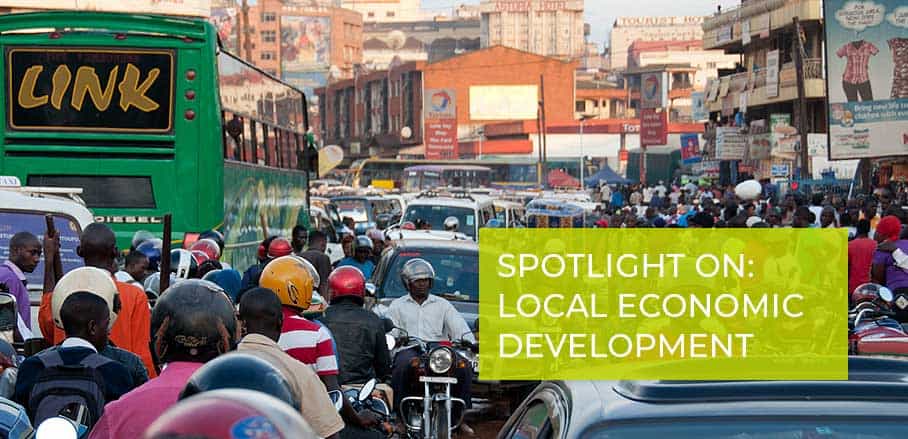


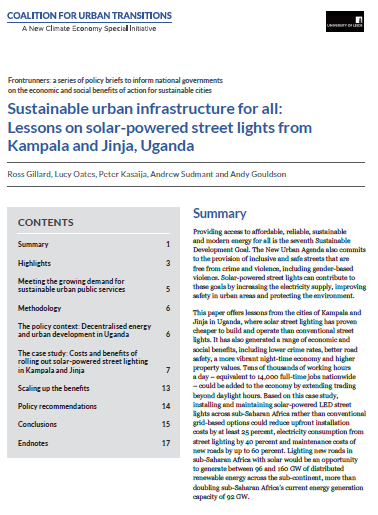


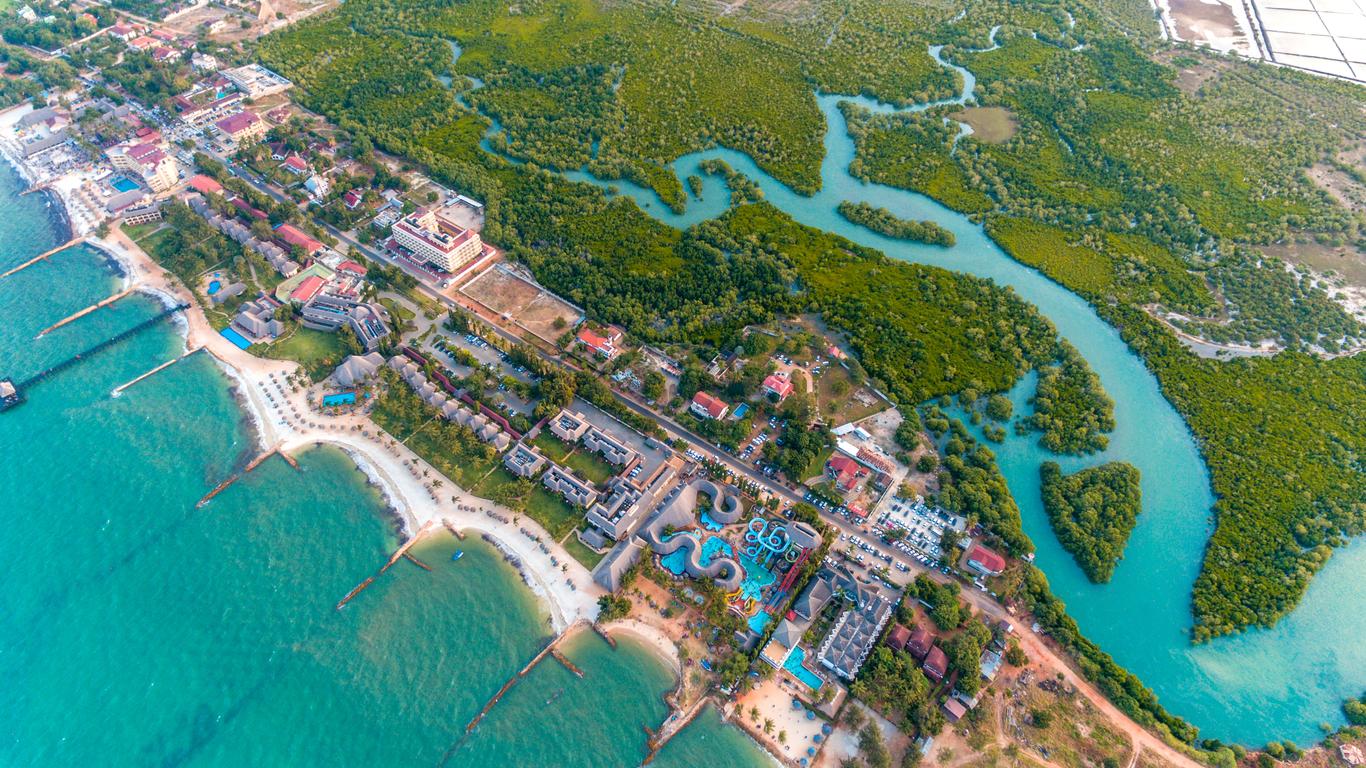



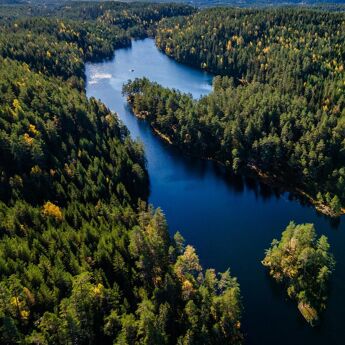
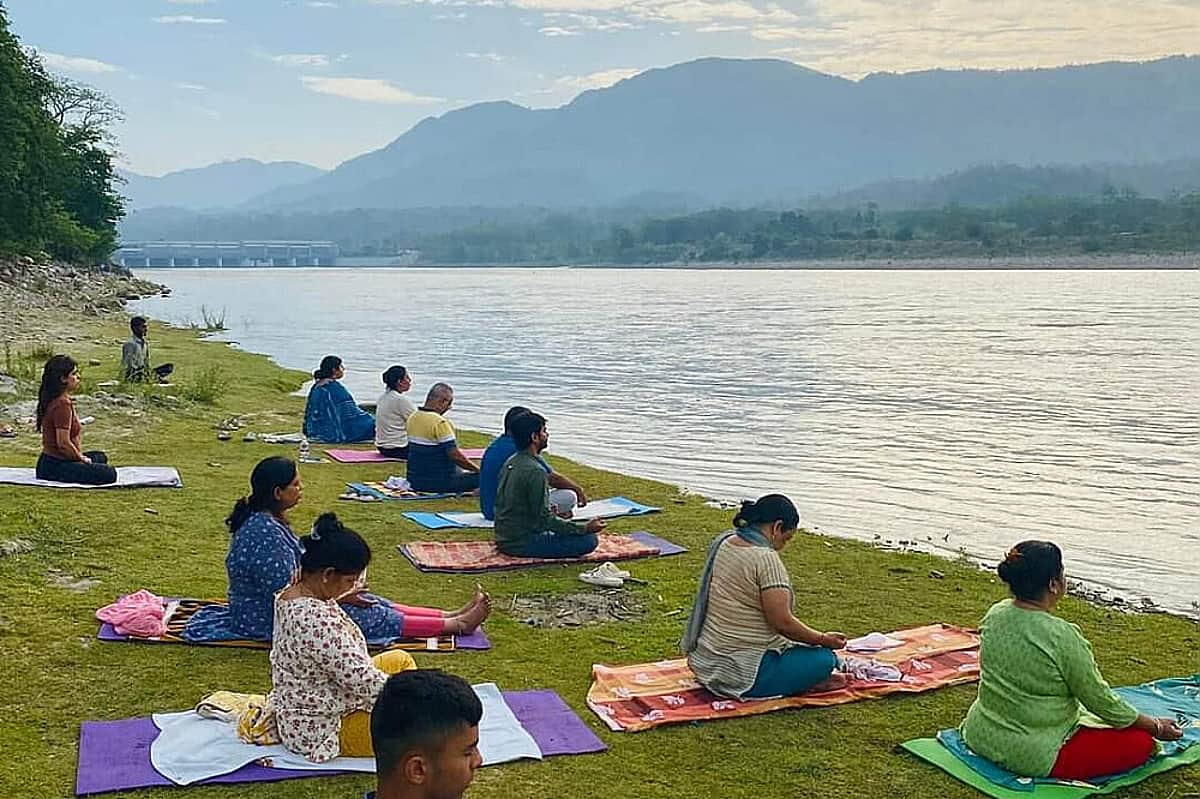



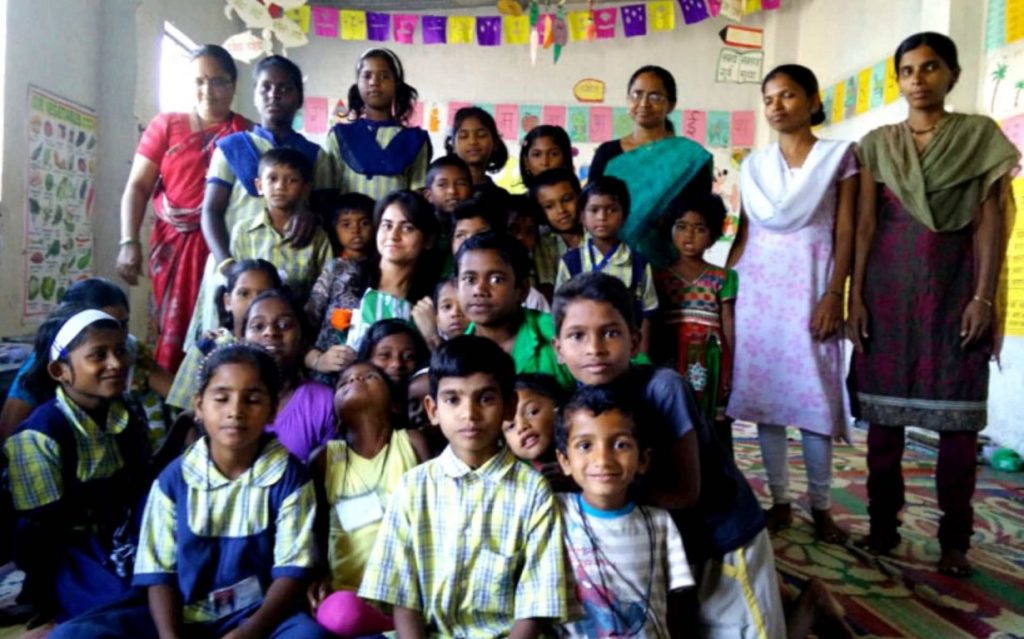
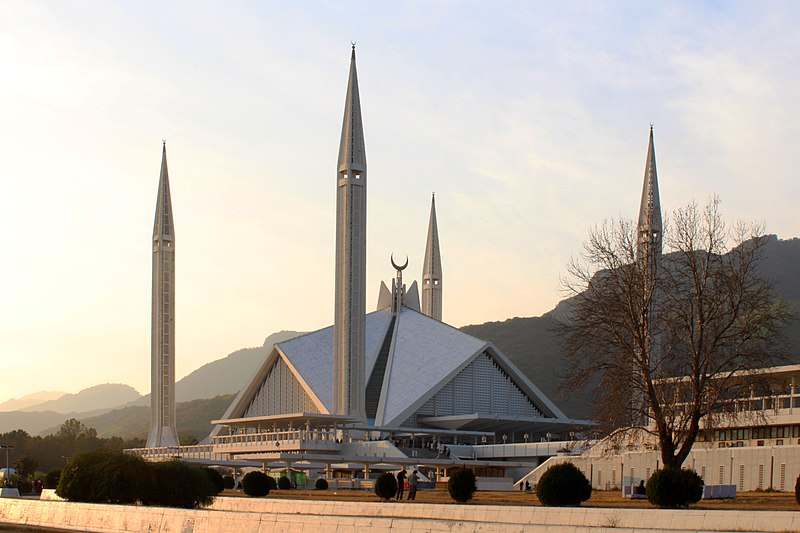
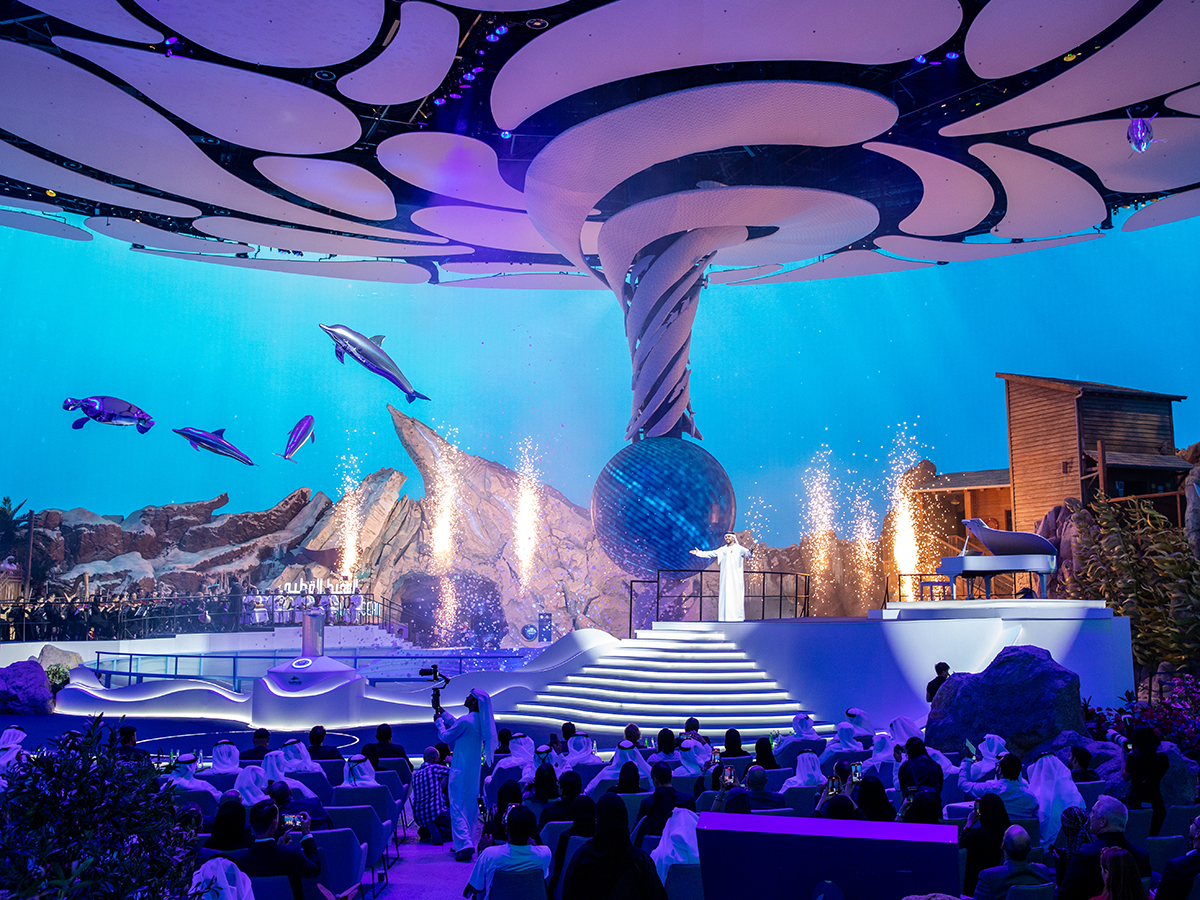




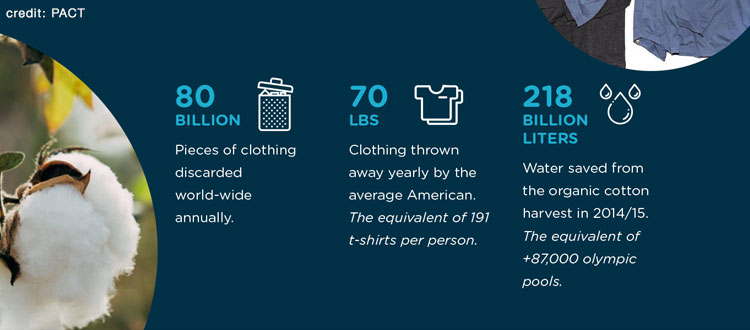
Comments